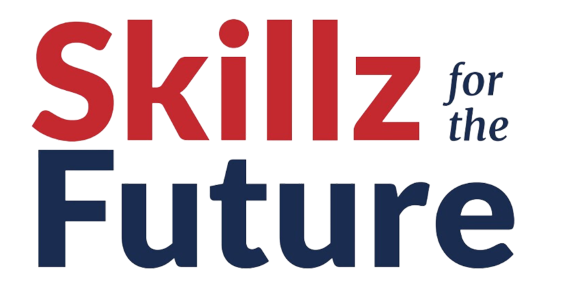Understanding emotions is like peeling back the layers of a complex onion, revealing a core element that is vital to our interactions—social skills. Far from being mere tactics, social skills are the threads that weave connections, positively influence others, and complete the intricate puzzle of emotional intelligence.
The Building Blocks of Emotional Intelligence
Emotional intelligence is a journey that begins with self-awareness, moves through self-regulation and motivation, embraces empathy, and culminates in the mastery of social skills. This progression reflects the complex dance of emotions that colour our daily lives and interactions.
Exploring the Spectrum of Social Skills
1. Persuasion and Influencing Skills: The Art of Enthusiasm Persuasion is a key element of social skills, involving more than just presenting logical arguments. It’s about understanding and harnessing emotional currents to inspire and win others over to your ideas. Consider Anna’s experience: she relied solely on logic to persuade, only to learn that appealing to emotions is often just as crucial. Persuasion is an art that combines rationality with emotional intelligence.
2. Communication Skills: Beyond Words Effective communication is the cornerstone of emotional intelligence. It’s more than just exchanging words; it involves active listening, expressing thoughts and feelings, and picking up on the emotional undertones of a conversation. Strong communicators foster open dialogue, address issues quickly, and build connections by understanding and responding to emotional cues.
3. Conflict Management Skills: Navigating Stormy Waters Conflict is inevitable, but managing it with tact and diplomacy is a skill rooted in emotional intelligence. Skilled conflict managers don’t shy away from disagreements; instead, they bring issues to the surface, encourage open discussion, and strive for win-win outcomes. They understand that successful conflict resolution requires acknowledging emotions and addressing them constructively.
4. Leadership Skills: The Influence of Emotional Intelligence Leadership and emotional intelligence go hand in hand. Effective leaders use emotional intelligence to articulate their vision, guide their teams, and lead by example. Leadership isn’t limited to formal positions; anyone with strong emotional intelligence can naturally influence and inspire those around them, fostering a culture of support and accountability.
5. Change Management Skills: Catalysts of Transformation Change can be daunting, but effective change managers, or “change catalysts,” transform it into an exciting opportunity. They recognise the need for change, remove obstacles, and lead by example, embodying the changes they wish to see. Their emotional intelligence helps them guide others through transitions smoothly, turning challenges into growth opportunities.
6. Building Bonds: The Value of Relationships Building and maintaining strong relationships is a vital social skill. Those who excel in this area are often natural networkers, valuing others and showing genuine interest in their lives. In the workplace, rapport builders stand out—they have a knack for forming friendships and fostering connections, creating an environment where collaboration thrives.
7. Collaboration and Cooperation: The Heart of Teamwork Collaboration and cooperation are central to emotional intelligence. Individuals who excel in these areas understand that relationships are as important as tasks. They actively seek out opportunities to work together, drawing others in and promoting a sense of team identity. Good team-workers boost the overall performance of the group, fostering a spirit of commitment and cooperation.
The Cyclical Nature of Emotional Intelligence:
While social skills represent the peak of emotional intelligence, the journey doesn’t begin or end there. Emotional intelligence is a continuous cycle, starting with the individual. Those who understand and regulate their own emotions are better equipped to navigate the complex dance of emotions in their interactions with others.
Understanding this cyclical nature is key to unlocking the full potential of emotional intelligence. It’s a journey of self-discovery, empathy, and mastery of social skills that together elevate our human connections. In the rich tapestry of emotions, social skills are the vibrant threads that weave a masterpiece of meaningful relationships and impactful interactions.
